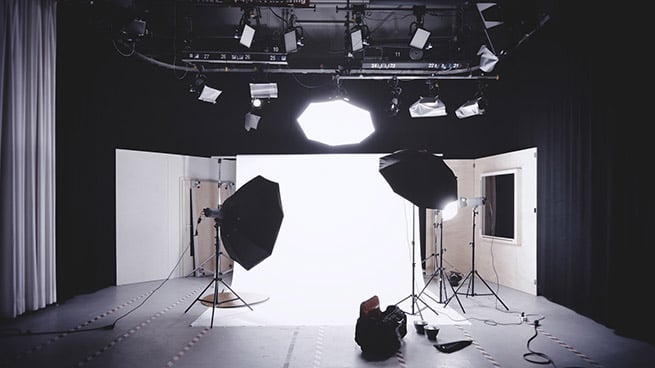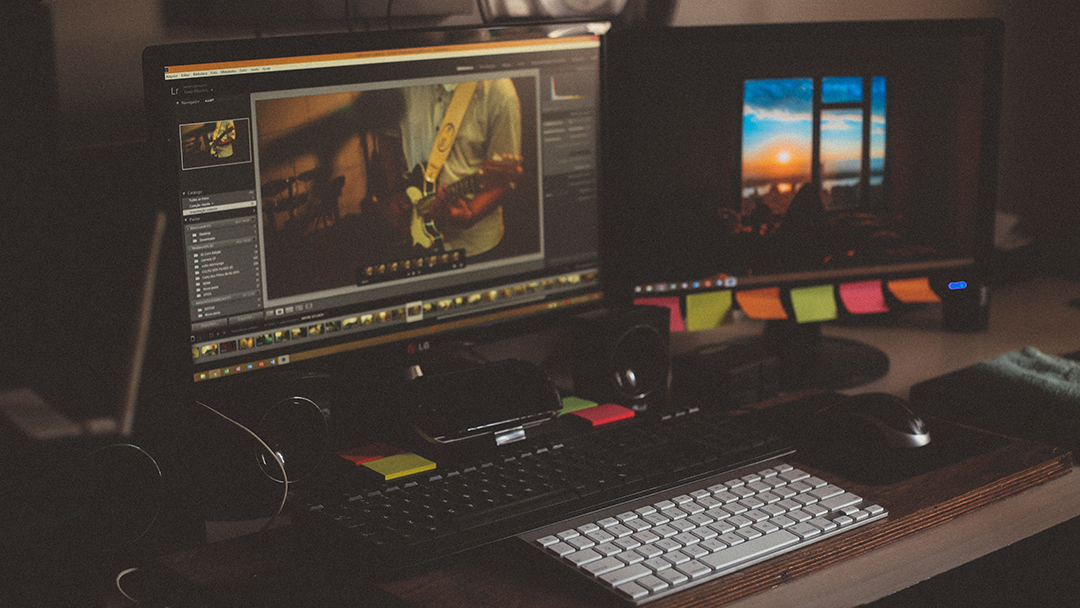Looking for Affordable Video Production? How to Find the Right Vendor
This blog was updated for relevance and accuracy on December 26, 2024.
Editor's Note: This post was been updated for accuracy and relevance in September 2023
We video production professionals like to feel as though we're part of our own exclusive club. Within this club we have our own special language. It is normally a tool that we use to communicate with each other and – more importantly – it allows us to spot outsiders more easily.
Do you feel like you’re back in 4th grade and you can’t get into the super secret clubhouse? Well fear no more! Here is my guide to video production terms that will make you sound like an expert (even if you aren’t one).
Unless you are hiring Quentin Tarantino, you will not be working with anyone who will be using actual film. However, in this day and age, "filming" a project is a preferred phrasing to "shooting" a project, and yet the terms are used interchangeably by many in video production. When in production we often will refer to "filming" when talking about capturing interviews and b-roll footage. In reality, all of our "filming" is captured as data on hard drives.
A videographer is the person who physically operates the video camera. Sometimes we like to call ourselves D.O.P.’s (or D.P.’s), which stands for Director of Photography. But that’s only if we're feeling fancy.
If you have been around a video shoot, you have probably heard the term B-roll. It is supplemental footage that will accompany any interview footage. B-roll is all of that extra stuff, like shots of your factory, products, or even somebody sitting at a desk.
A sound bite or clip is a key phrase that is taken from your interview. It’s what we edit together to tell your story.
This is a term that videographers use regarding the exposure being too bright. If the exposure is too bright, it can make the picture seem hazy or faded. So if the video is too “hot,” the exposure probably needs to be adjusted.
This is one of my favorites. A C47 sounds like some kind of robot, right? Negative, humanoid! A C47 is simply a clothespin. We use them to attach diffusion or gels to our video lights.
What is diffusion? What are gels? I’m glad you asked…
Diffusion is a semi-transparent sheet that we stick in front of our lights to make them less bright. They are fire-proof, so don’t worry about them hanging out by those hot lights!
Gels are colored sheets that we can use to change the color of our lights. From blue to green to red, every color of the rainbow! But let’s not get too carried away.
A dead cat is not as macabre as it sounds. It’s basically a big furry sock that we put on top of microphones when shooting outside. It cuts down on the wind blowing through the microphone and ruining the audio, but it also kind of looks like a dead cat. I like to think of it more as a raccoon tail (Davy Crockett style).
Before I finish up, here are a few nicknames videographers use to describe more everyday objects:
Have more questions about video production? Take a look at our Frequently Asked Video Production Questions, or contact us today.

This blog was updated for relevance and accuracy on December 26, 2024.

This blog post was originally published on August 2, 2022. It was updated and republished on June 18, 2024.

Editor's Note: This blog post was updated for clarity and accuracy on September 18, 2023. Producing a video as part of your company’s video marketing...